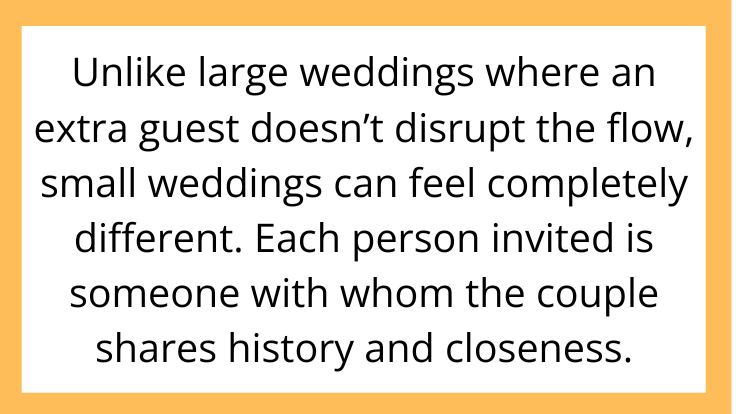AITAH for Not Inviting My Brother’s New Girlfriend to My Wedding Because I’ve Never Met Her?
I came across a heated discussion on r/AITAH where one user asked: Am I the problem for refusing to invite my brother’s new girlfriend to my wedding because I’ve never met her? This scenario sparked an intense debate about family expectations, wedding guest lists, and whether personal comfort should outweigh keeping the peace.
Let’s unpack this dilemma, explore why it resonated with so many people, and consider the lessons it offers for anyone planning a big life event.
The Backstory: A Last-Minute Plus-One
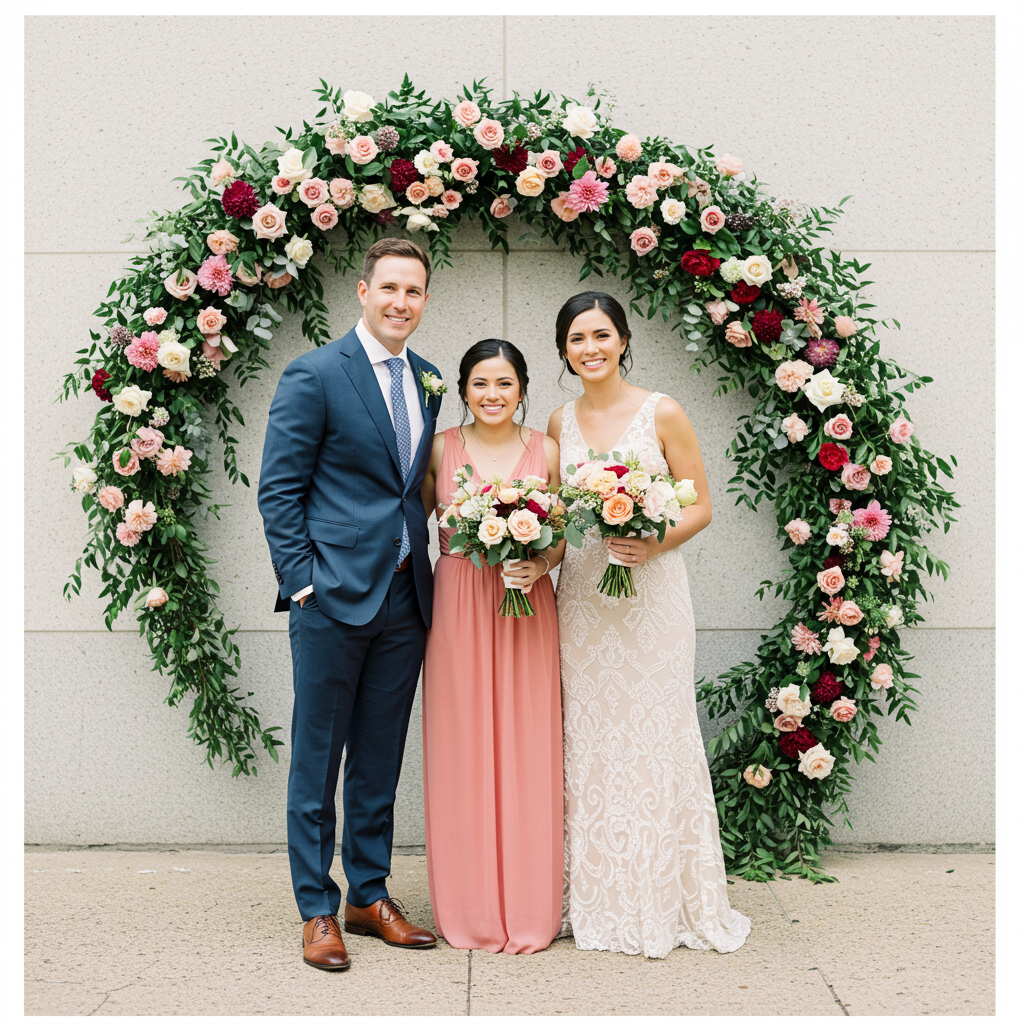
The original poster (OP) shared that they were planning a small, intimate wedding with a limited guest list. A few weeks before the big day, OP’s brother called to ask if he could bring his new girlfriend—someone OP had never met, not even virtually.
OP politely declined, explaining that they wanted everyone present to be people they knew personally. The brother was offended, called OP selfish, and accused them of disrespecting his relationship. The fallout escalated quickly, with other family members weighing in and taking sides.
The Challenge of Guest Lists in Small Weddings
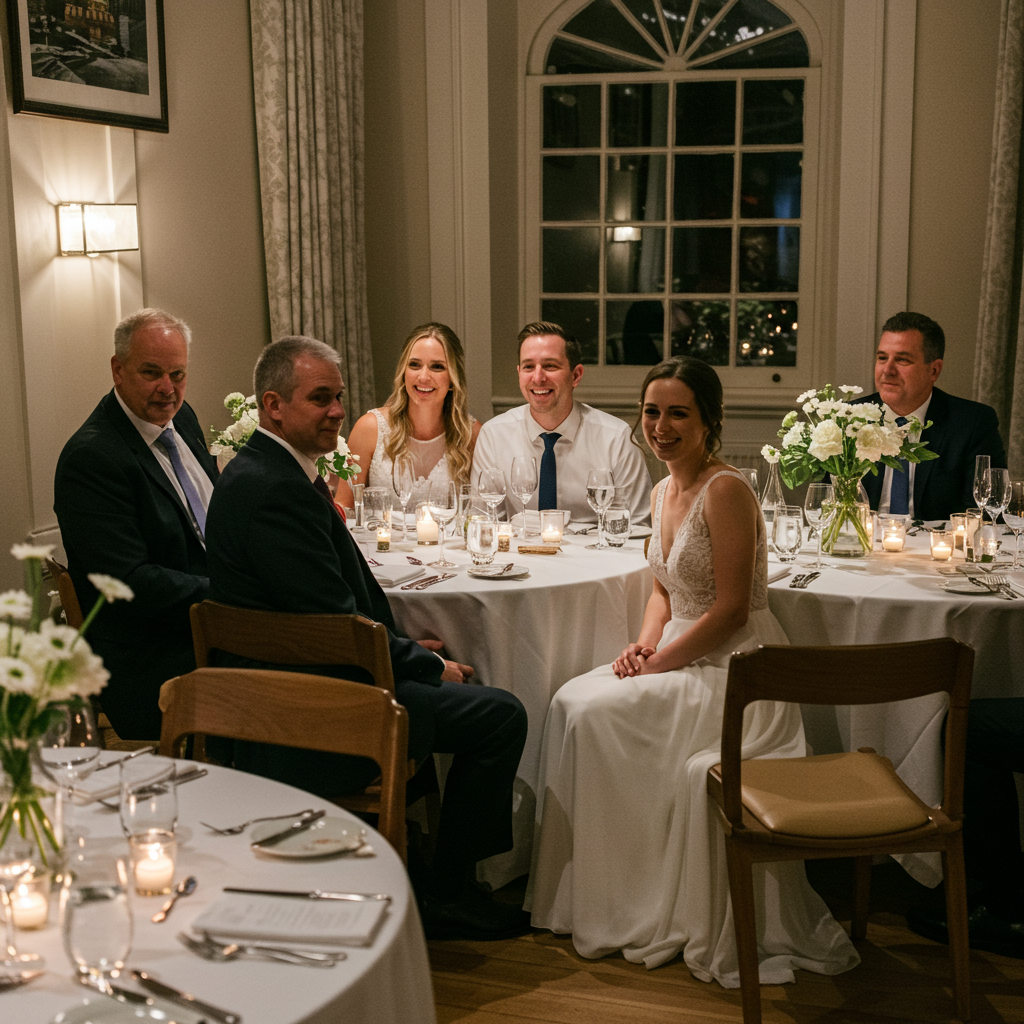
When Every Seat Counts
Unlike large weddings where an extra guest doesn’t disrupt the flow, small weddings can feel completely different. Each person invited is someone with whom the couple shares history and closeness.
Adding someone new can create tension:
-
It may take attention away from close relationships.
-
It can make the couple feel like they have to “host” a stranger on their special day.
-
It sometimes triggers resentment among other guests who also had to limit plus-ones.
One Reddit commenter summed it up perfectly: Your wedding is not the time to meet someone for the first time.
Family Expectations vs. Personal Boundaries
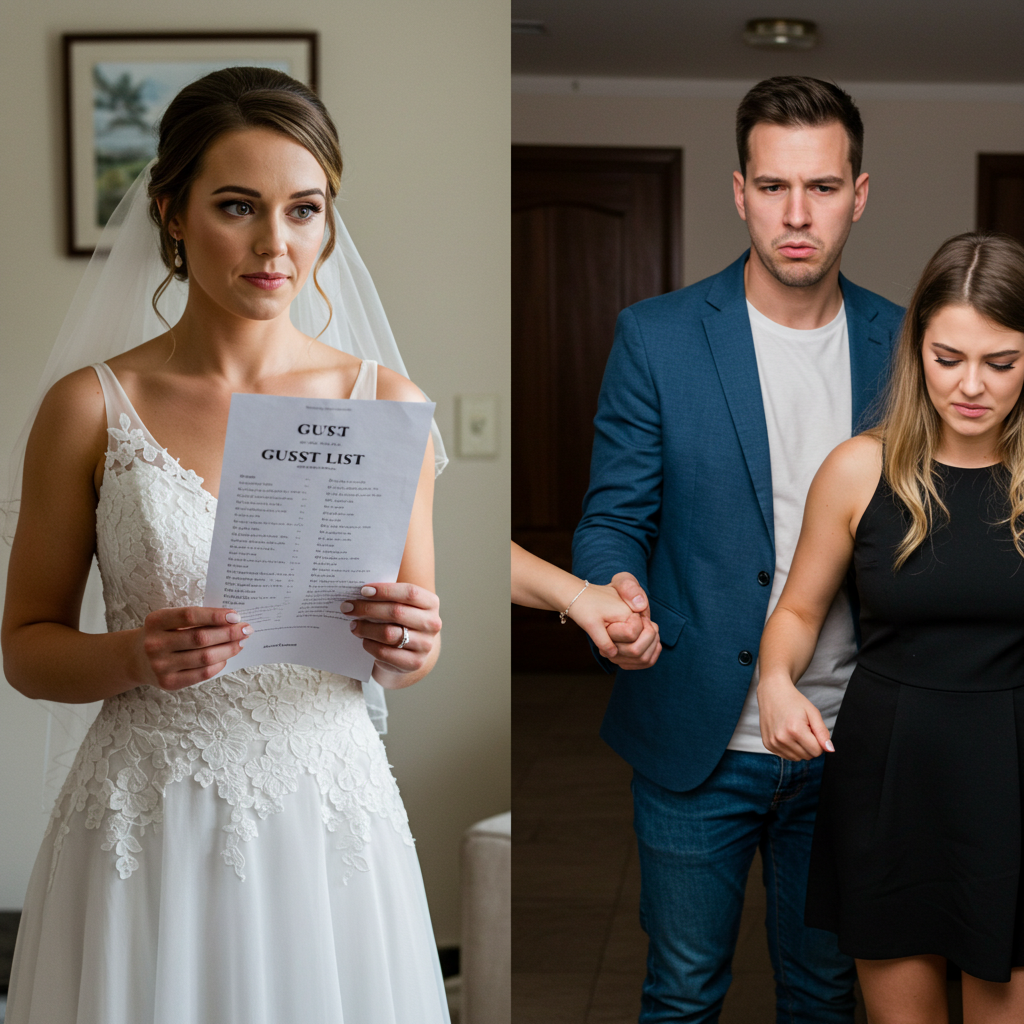
The Guilt Trap of Keeping the Peace
Family members often have strong feelings about who should be included in big milestones. The brother believed that as immediate family, he should get an exception. But OP felt strongly about creating an environment of familiarity and comfort.
This tension highlights a common dynamic:
-
Family Expectations: “We’re family, so you should accommodate me.”
-
Personal Boundaries: “I’m allowed to set limits on my own wedding day.”
In situations like these, it’s easy to feel like you’re letting someone down no matter what you decide.
The Case for Saying No
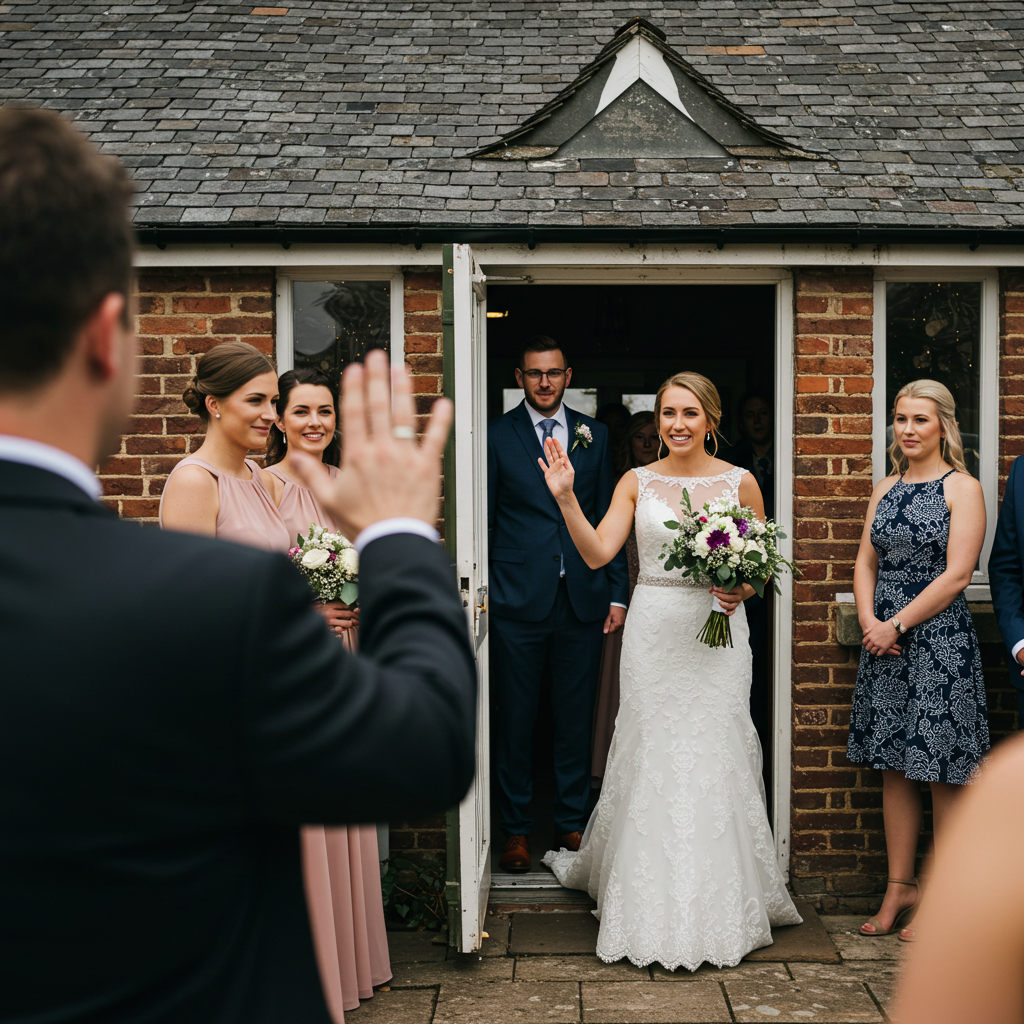
Protecting Your Peace on a Milestone Day
Weddings are expensive, emotional, and significant. You have the right to control who is present, especially when the event is small.
Many commenters sided with OP, pointing out:
-
If you’ve never met the partner, you don’t owe them an invitation.
-
A wedding isn’t the appropriate setting for first introductions.
-
Setting boundaries early prevents more serious conflicts later.
Saying no may cause temporary disappointment, but it protects the overall experience you’ve carefully planned.
The Case for Flexibility
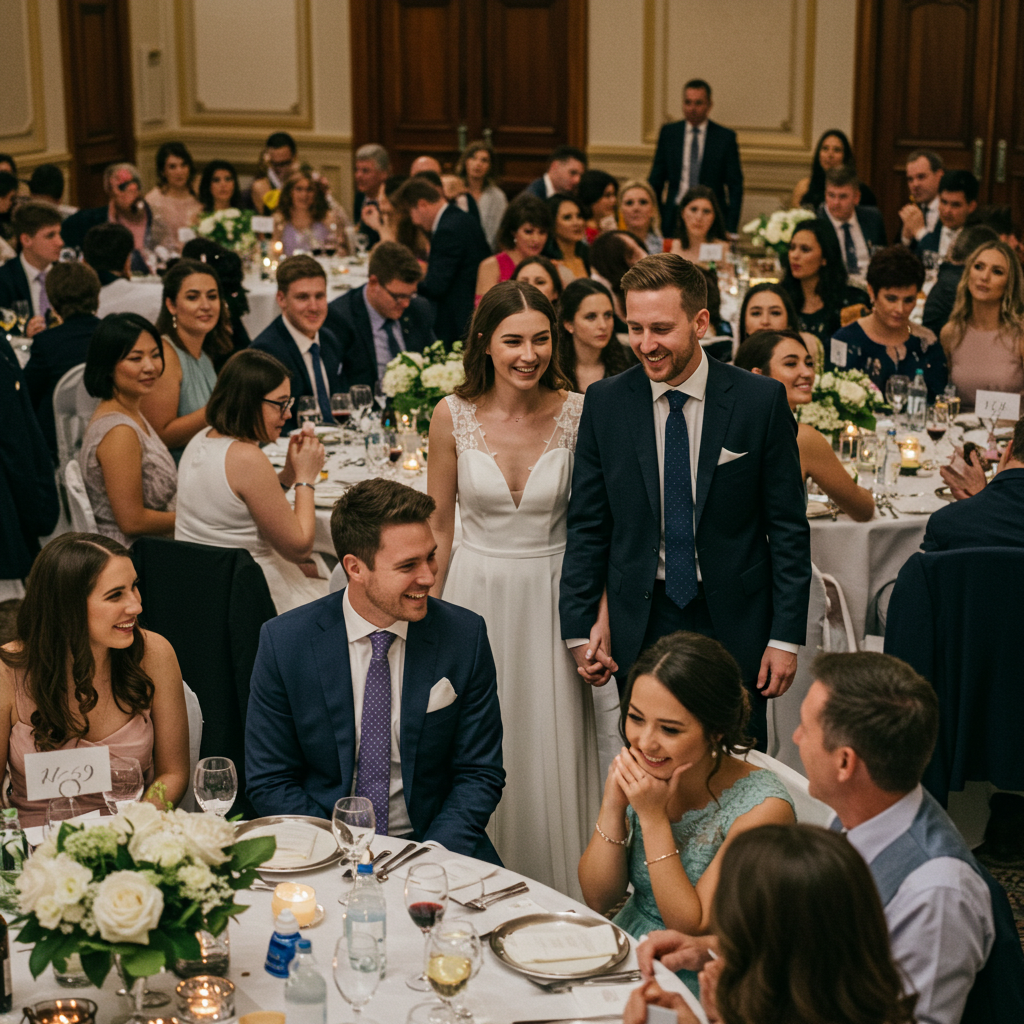
When Being Accommodating Makes Sense
While most people agreed OP wasn’t the problem, some argued that including the girlfriend would have been a small gesture to make the brother feel valued.
These perspectives often came from larger families or more casual wedding environments, where adding an extra plate isn’t a big deal.
One user shared their experience: We invited my cousin’s boyfriend of two months, and it turned out fine. But we had 250 guests, so it was easy to blend in.
This illustrates that context matters—guest lists are never one-size-fits-all.
Emotional Reactions and Family Fallout
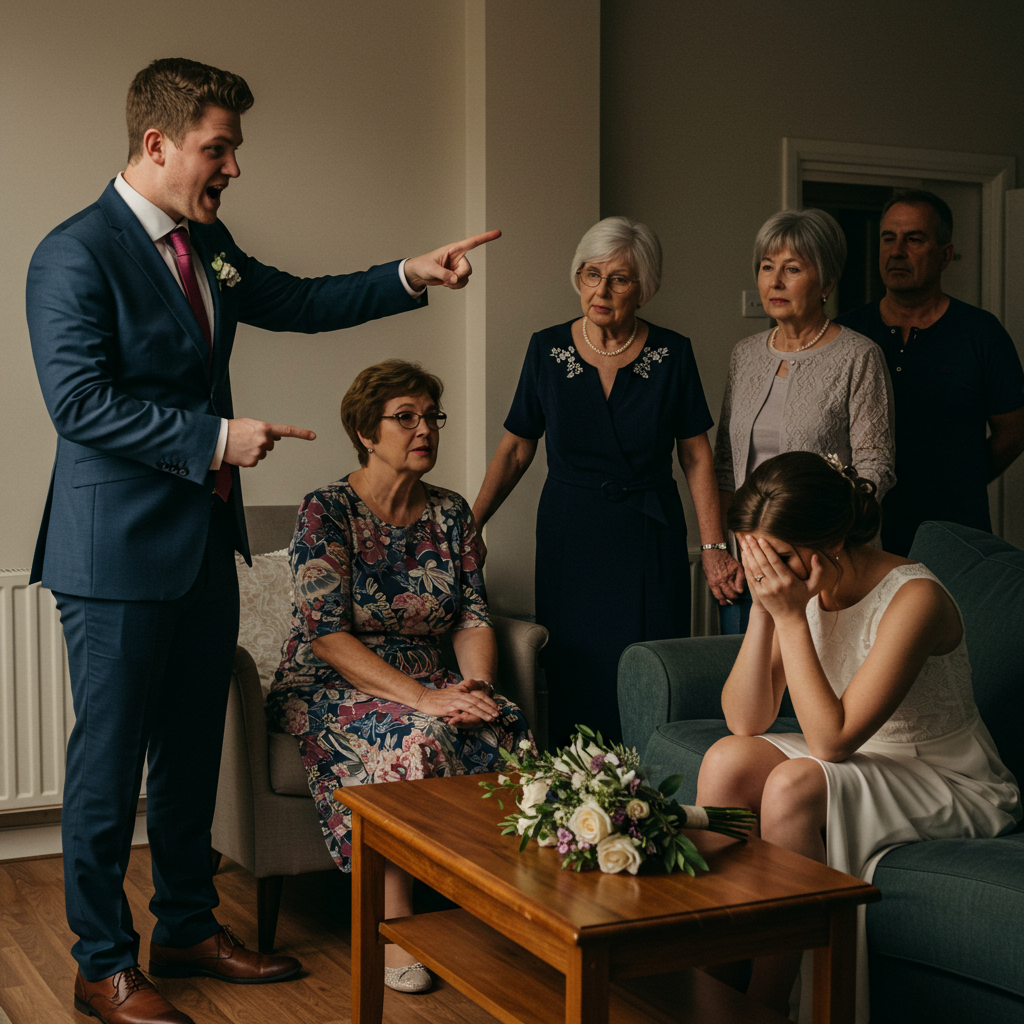
When Disappointment Turns Into Drama
What struck many readers was how quickly a simple “no” spiraled into accusations and family drama. OP’s brother threatened not to attend the wedding at all. Other relatives chimed in, calling OP rude and controlling.
This pattern often happens when:
-
Someone feels their romantic relationship isn’t respected.
-
They interpret boundaries as personal rejection.
-
Family members pile on without understanding the full picture.
When emotions run high, small conflicts can feel monumental. That’s why it’s important to communicate calmly and clearly, even when others won’t.
The Verdict – AITAH?

The consensus from thousands of votes and comments was clear: OP is not the problem.
Your wedding is one of the few times in life when you’re allowed to prioritize your comfort without apology. It’s understandable to prefer an intimate atmosphere without unfamiliar faces, even if it hurts someone’s feelings in the short term.
Setting this boundary does not make you unkind—it makes you human.
Takeaways for Your Own Wedding

Here are a few lessons anyone planning a wedding can take from this AITAH scenario:
-
Communicate expectations early. Share your guest list policies months in advance.
-
Stay consistent. If you don’t allow plus-ones for some guests, don’t make exceptions for others.
-
Be compassionate but firm. You can acknowledge someone’s disappointment without changing your decision.
-
Protect your peace. Your wedding is about you and your partner, not about pleasing everyone else.
